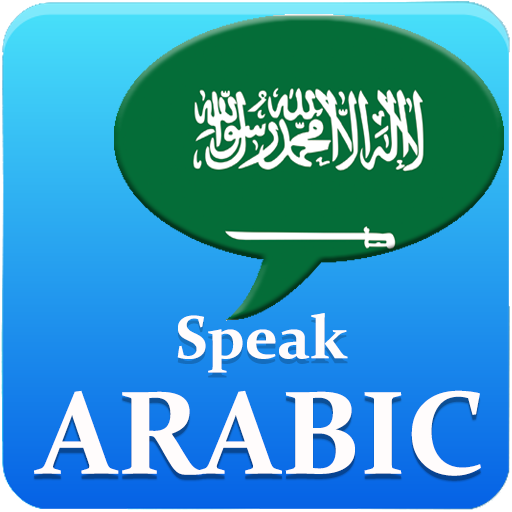
Who Speaks Arabic?
If you’ve ever wondered who speaks Arabic, this article is for you. Whether you’re looking for the answer to the question, “Who speaks Arabic?” or you’re simply curious about the language, there’s something for you here. Throughout this article, you’ll learn about different Arabs, including Eritrean, Lebanese, and Iraqi. There are also some common mistakes people make when attempting to speak Arabic.
Arabs
The spoken Arabic language differs significantly from the written language and may be centuries older. However, all Arabic verbs share several common features. In addition to the regular conjugation, the Arabic alphabet includes distinctive guttural sounds, pharyngeal and uvular fricatives, and a series of velarized consonants. The three vowel forms in Arabic include the short, middle, and long. Most Arabic words begin with only one consonant. Arabic does not use clusters or passive voice.
Lebanese
In Lebanon, a special dialect of Arabic is spoken. Arabic and French were mixed in ancient times and this influenced the evolution of Lebanon’s civilization, which is a blend of several languages. Some of these languages, including Aramaic, have long since disappeared, while others still exist today. Most Lebanese, however, speak Arabic in their daily lives. Read on to learn how to speak Arabic like a native!
Iraqi
“Iraqi” is the term used for the native language of Iraq, Mesopotamian Arabic. This dialect of Arabic is one of the mutually intelligible varieties. The dialect is also spoken in Iraq’s diaspora communities. Read on to learn more about Iraqi Arabic. You’ll be able to identify the different words and phrases in the Arabic language. Listed below are some of the differences between Mesopotamian Arabic and Iraqi Arabic.
Eritrean
The Eritrean language is a dialect of Arabic. It is spoken by a majority of the population, but many Eritreans also speak Tigrinya and English. Most Eritreans are Muslims, while the rest are Christian. Eritreans are deeply religious, and the clergy are very influential in daily life. They have many religious holidays, including New Year’s Day (January 1) and Easter. Eritreans celebrate both Muslim and Christian holidays, such as the end of Ramadan and the finding of the true cross (September 25 and 26).
Israeli
Thousands of Arab citizens of Israel speak Arabic. The right-wing government of Benjamin Netanyahu has allocated more resources for Arab citizens than its predecessors did. As a result, more Arab citizens are taking up positions of leadership in government and business. Despite the tensions of recent years, Arab citizens are thriving in Israel. The following article provides an overview of some of the most prominent Arab citizens of Israel. And, it will provide background information about their language.
Brazilian
The desire to speak an Arab language is very high among many Brazilians. Many Arab immigrants had a difficult time integrating into Brazil’s culture. Moreover, they had a different way of pronouncing Portuguese words, such as “rouba” and “tacho.” Sadly, this language had to fade away as it became a stigma and a symbol of marginality. However, it is important to note that despite being marginalized, Brazilians do speak Arabic.
European
There are many reasons why Europeans who speak Arabic might consider studying the subject. One is to find out whether they feel they belong to the EU, given that this is their first language. However, the perception of belonging to the EU among Arabic speakers is contradictory. In times of regional conflict, a pan-Arabic community may emerge. For those who do not feel this way, belonging to their own country may be more important.
